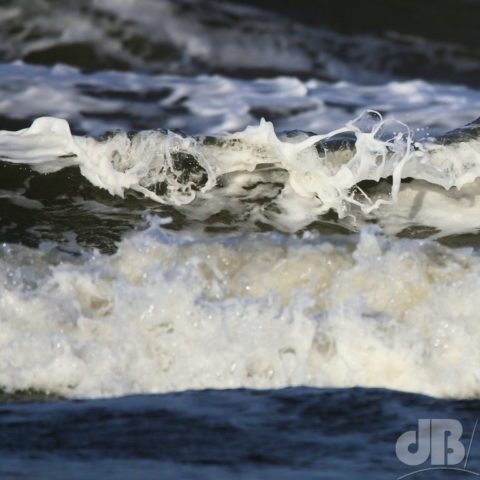Newton (in)famously split sunlight into the visible spectrum with his prism. His findings revolutionised optics but led to accusation of his unweaving the rainbow. As if that somehow subtracted from our appreciation of the natural world. To my mind, it does nothing of the sort. Knowing that white light comprises all the colours of the rainbow and these can be separated at the interface of two materials of different refractive index actually adds to the beauty.

Knowing a rainbow is photons of different frequencies stimulating the cells at the back of your eyes and impinging on your brain’s visual cortex does not detract from the fact that a rainbow is still a wondrous and beautiful thing. Those with the artistic aesthetic get that as do those of a scientific bent. Those with only the artistic aesthetic don’t get the bonus of understanding the science. I’d always choose being a polymath over one or the other and many in science are both scientific and artistic. Although it often seems that too many people in the arts are less interested in the flipside of the reality perception coin.
As you know by now (surely?), I take a lot of photos. Birds, moths and butterflies, flowers, trees, beaches, sunsets, moonshots, and more. Occasionally, I’ll post one on my Instagram with a sciencey caption just for fun.
Viz, a recent trip to the North Norfolk coast in search of avian visitors such as Snow Buntings and Shorelarks, had me snapping the waves too with a short shutterspeed on the camera to capture the action. I posted a frozen wave and captioned it as “Agitated aqueous sodium chloride solution”. It is what it is. One view offered a tongue-in-cheek response: “Looks much nicer than that description.”
Well, yes, admittedly, it does. But…I assume visitors can appreciate the little chemical joke alongside the photo. It’s not a great photo and I could’ve also talked of the fractal nature of fluids in motion, fluid dynamics, hydrogen bonding, and other such matters. Knowing about such things does not take away from how peaceful and wondrous it is to simply watch all those refracted solar photons skipping over the waves as they break on a windy shore as the sun goes down. It’s not gilding the lily, it’s not unweaving the rainbow, it’s adding new layers to our understanding and appreciation of the natural world. Do you get my meaning? Do you too aspire to be a polymath or do you prefer to sit in one camp only and ignore and miss the joy of the flipside?
I just searched the Sciencebase Science blog for the word polymath and discovered that I wrote a very similar essay to the above about a decade ago, here.